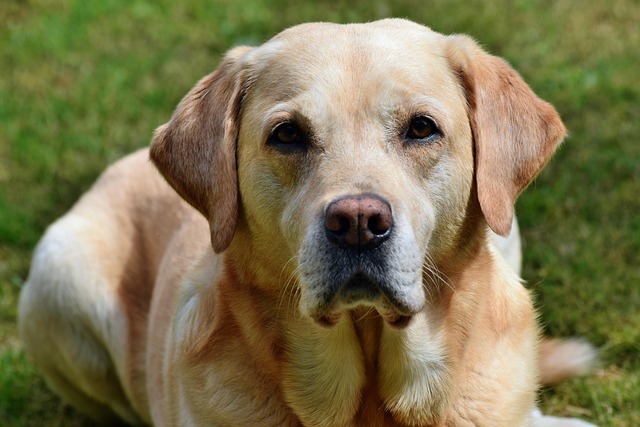
how many times a day can i give my dog hemp oil
Last weekend, I ran into Lena, a first-time dog owner, at the pet supply store near my apartment. She was holding a bottle of hemp oil and staring
I rushed over to my friend Mia’s apartment last month after she texted, panic-stricken: Her 10-week-old German Shepherd puppy, Bear, had stolen a chocolate chip cookie off the counter and eaten it. “Is he going to be okay?” she asked, holding Bear as he whimpered. If you’re a new U.S. owner of a German Shepherd puppy, it’s easy to accidentally give them something harmful—these curious, mouthy pups will sniff out and gobble up just about anything, but their growing bodies (large-breed, fast-developing) are extra sensitive to certain foods and items. Knowing what not to give your GSD puppy isn’t just about avoiding emergencies; it’s about protecting their bones, organs, and long-term health.
German Shepherd puppies have unique vulnerabilities tied to their size and development. Their skeletal system is still forming (prone to hip and elbow dysplasia), so foods with unbalanced calcium/phosphorus levels can disrupt bone growth. Their digestive tracts are immature—high-fat or toxic foods can trigger pancreatitis or organ failure. Unlike small breeds, they also have deeper chests, making them susceptible to bloat from sudden ingestion of large amounts of food or gas-producing items. Bear’s vet explained that chocolate contains theobromine, which dogs can’t metabolize—even a small cookie could cause vomiting, seizures, or worse in a 12-pound puppy.
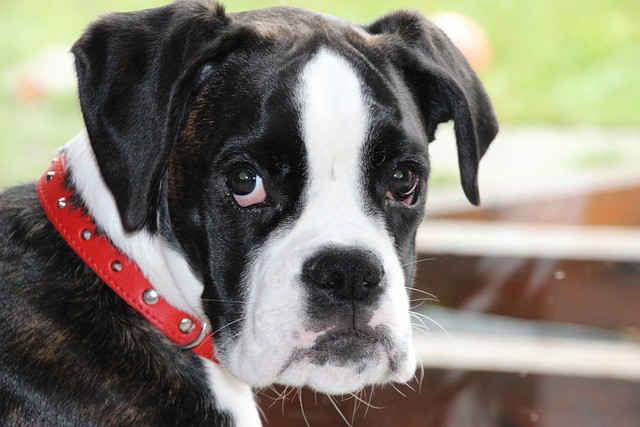
Here’s a clear breakdown of what to never give your German Shepherd puppy: First, toxic human foods: Chocolate (especially dark), grapes/raisins (kidney failure risk), onions/garlic (destroys red blood cells), xylitol (artificial sweetener in gum/candy—causes fatal hypoglycemia), and avocado (persin toxin). Second, inappropriate pet food: Adult dog food (lacks puppy-specific protein/calcium), generic “all-breed” puppy food (too much calcium for large breeds), or cat food (too high in protein/fat). Third, dangerous snacks: Cooked bones (chicken/turkey bones splinter and tear intestines), fatty table scraps (pancreatitis risk), and raw dough (yeast produces alcohol, causing intoxication). Fourth, non-food items: Small toys (choking hazard for their big mouths), string/ribbons (intestinal blockages), and cleaning products (keep them locked up in apartments).
If you catch your puppy eating something forbidden, don’t scold or hit them—this violates U.S. animal welfare standards and makes them hide food later. Instead, calmly remove the item and redirect them with a safe chew toy (like a rubber Kong). For apartment living, store food in airtight containers on high shelves, and use baby gates to block access to kitchens/bathrooms. When walking, keep them on a short leash to stop them from picking up trash, and always carry extra poop bags (cities like Phoenix fine $200 for leaving messes). While at the vet for wellness checks, confirm their rabies/distemper vaccines are up to date (required nationwide)—vets can also provide a personalized “forbidden foods” list.
Protecting your GSD puppy is about being proactive, not perfect. By keeping harmful items out of reach and sticking to large-breed puppy food, you’ll help them grow into a healthy, happy adult.

Last weekend, I ran into Lena, a first-time dog owner, at the pet supply store near my apartment. She was holding a bottle of hemp oil and staring
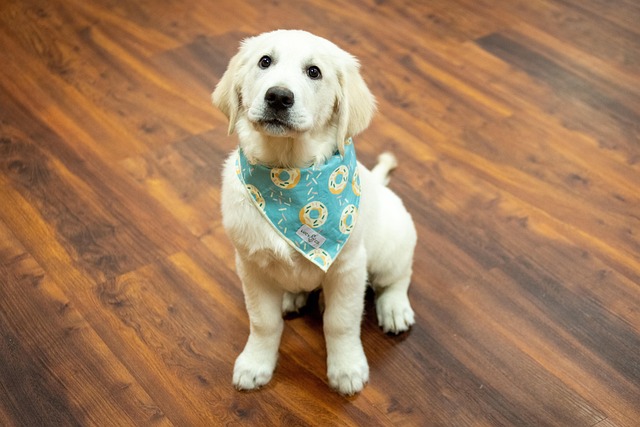
Walks around the neighborhood after work are a common routine for many dog owners, but squeezing in just 30 minutes might not cut it for every pup.
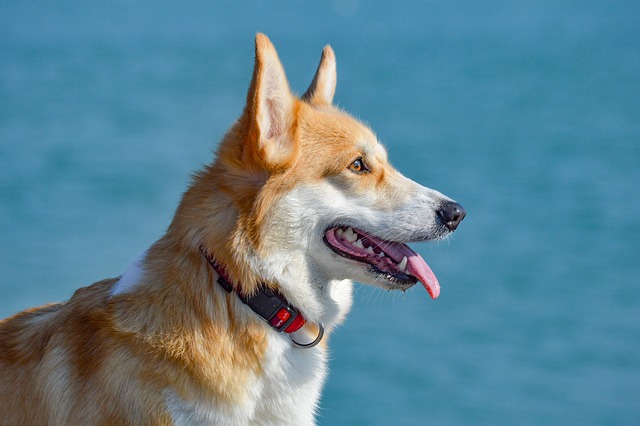
I sat with my friend Clara last summer as her 4-year-old Labrador, Cooper, lay listlessly on her apartment floor—three days after he’d suffered heat stroke at a park picnic.
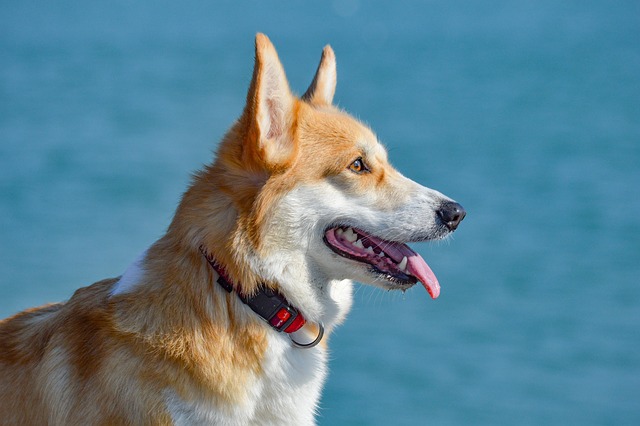
I was at a Florida park last August when I noticed a woman frantically waving for help—her 3-year-old Golden Retriever, Daisy, was lying on the asphalt
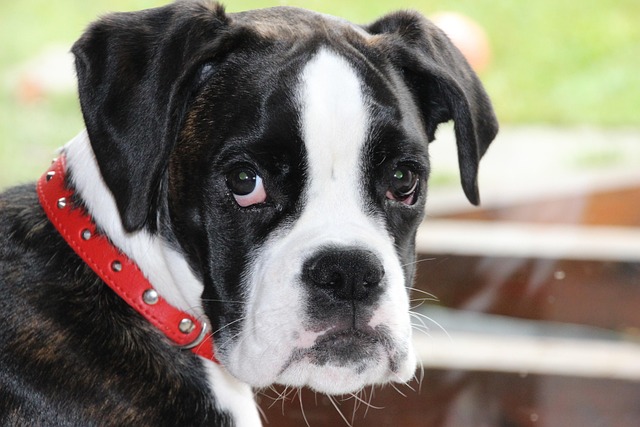
I rushed over to my friend Mia’s apartment last month after she texted, panic-stricken: Her 10-week-old German Shepherd puppy
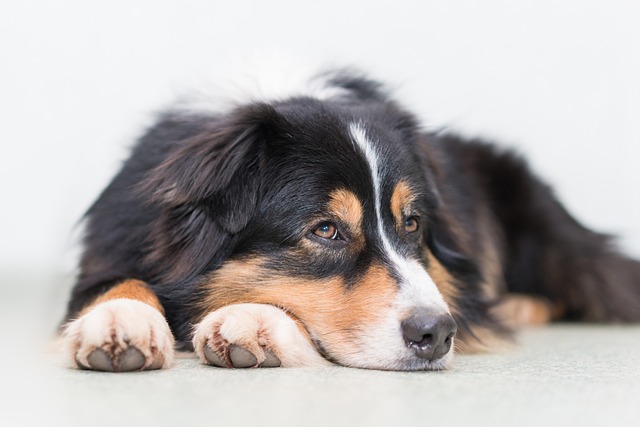
If you’ve just brought home a fluffy long-haired pup—maybe a Golden Retriever or a Shih Tzu—you’ve probably wondered how to keep their coat from turning into a matted mess.